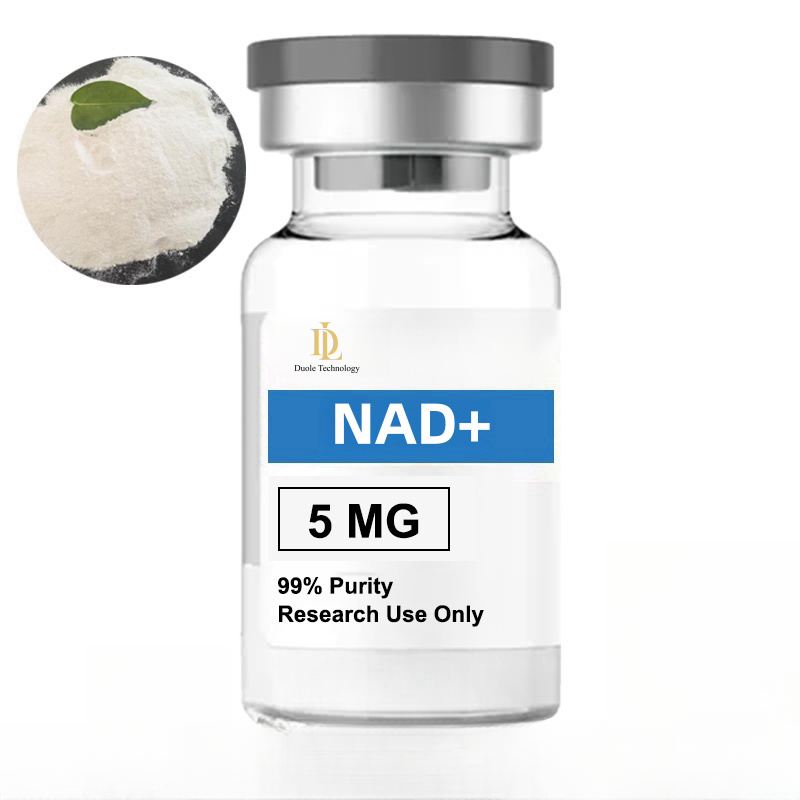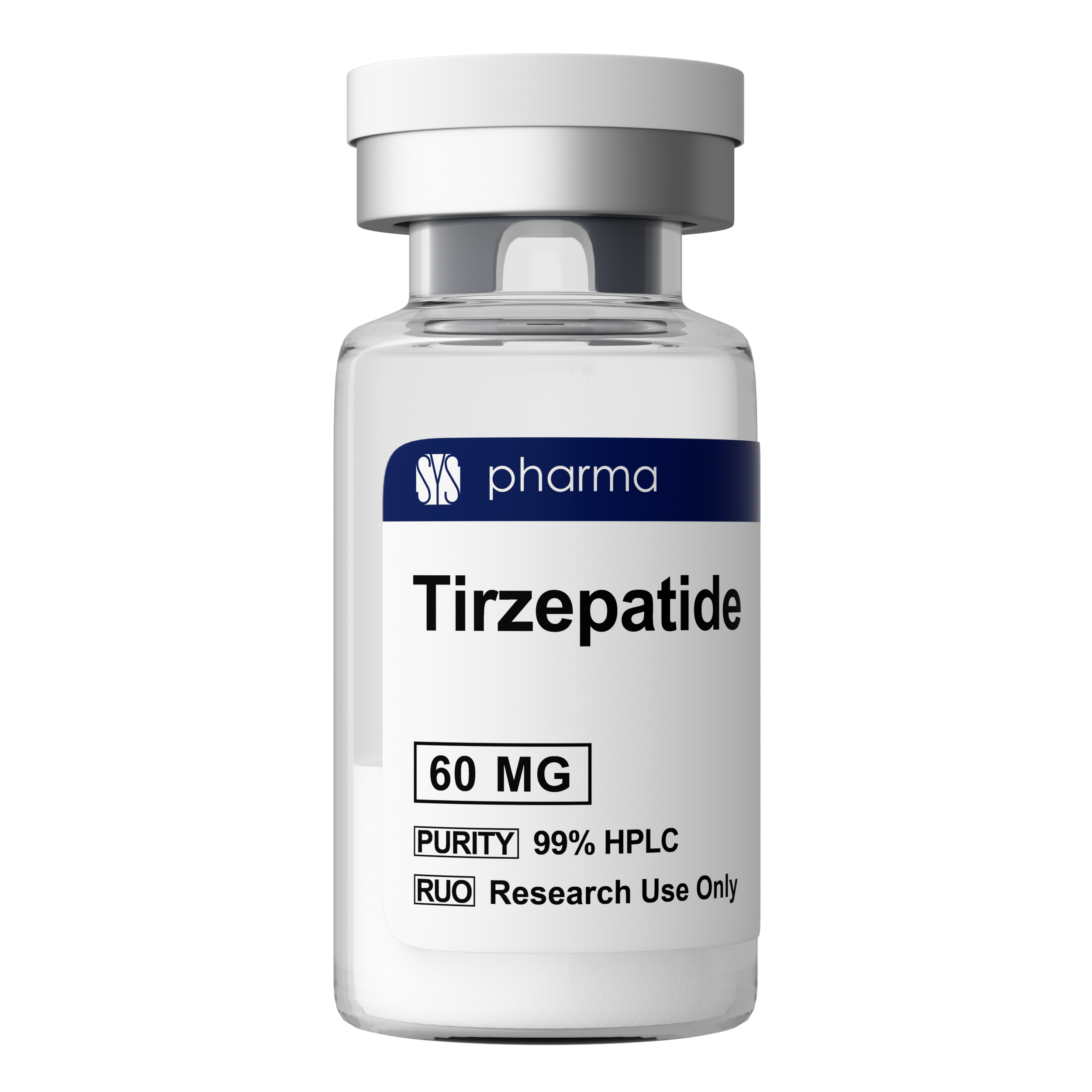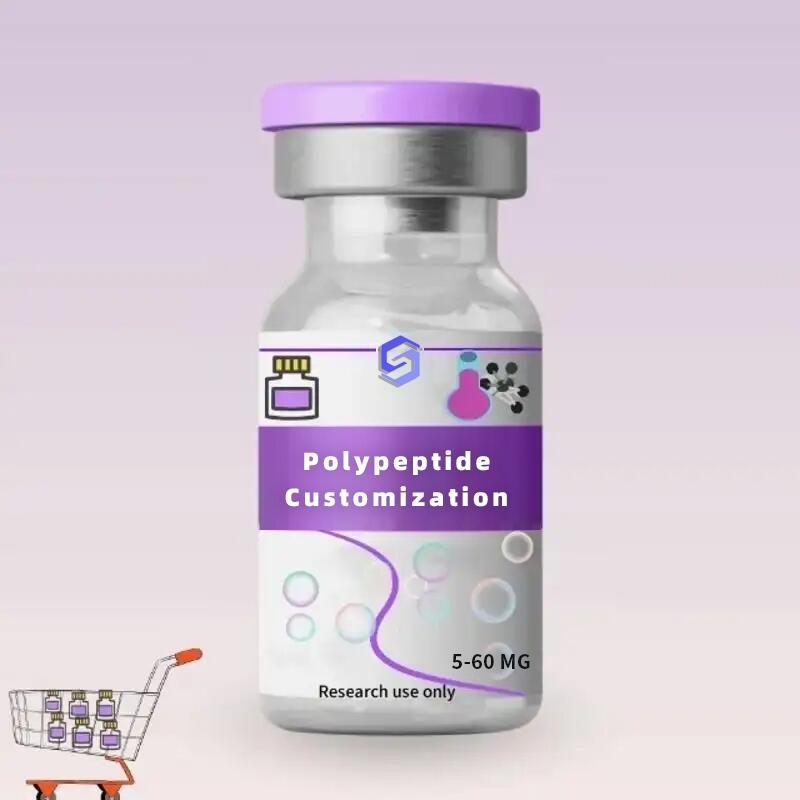2016 Outlook: three major regulatory trends in China deserve attention
-
Last Update: 2016-02-02
-
Source: Internet
-
Author: User
Search more information of high quality chemicals, good prices and reliable suppliers, visit
www.echemi.com
Source: pharmasia news 2016-02-02 Abstract: in 2015, China's pharmaceutical market was marked by sharp market downturn and turbulent regulatory cold wave But looking ahead, analysts believe that while many challenges remain, some major breakthroughs are expected Beijing - what will China's pharmaceutical regulatory authorities do in the new year of 2016? With the advent of the year of the monkey, the three regulatory trends in the pharmaceutical market are closely watched The focus on quality will continue in the last few days of 2015 China food and Drug Administration (CFDA) released two notices on its website about GMP and GSP, showing its determination to continue to put pressure on improving the quality of drug production and operation CFDA informed on December 30 that all drug manufacturers without GMP certification should stop production from January 1 GMP requirements are implemented in stages Since 2014, aseptic drug manufacturers must pass the GMP certification of CFDA, while 2016 is the year when all other drug manufacturers must pass the GMP certification Unlike in the past, the granting of GMP certificate is only the beginning of the efforts of drug regulatory authorities to improve the quality of drugs In 2015, CFDA significantly increased the intensity of flight inspection and withdrawal of GMP certificates Since July, CFDA has taken back 63 GMP certificates of the company, 33 of which were taken back due to flight inspection, which is more than the total in 2014 Industry observers expect more GMP certificates to be cancelled as CFDA aims to eradicate all quality violators CFDA also announced that since 2016, the provincial food and Drug Administration will be responsible for GMP certification All drug dealers must pass GSP certification before the end of 2015, and those who fail to pass the certification will stop operating The strengthening of GMP and GSP supervision in clinical data verification is only the latest shock to the industry, and the continuous clinical data quality verification has already caused heavy damage to the industry On July 22, CFDA requested to conduct self-examination on the clinical data of 1622 new drug application varieties Five months have passed As of December 14, nearly half (737) new drug registration applications were withdrawn by applicants Just when people thought the withdrawal might be over, the bureau announced on December 31 that another 154 enterprises had withdrawn 224 drug registration applications Domestic enterprises account for 99%, but also foreign enterprises, such as Cipla in India and Korean American pharmaceutical in South Korea Although the proportion of NDA withdrawals has increased to 59%, so far, most multinational pharmaceutical companies have no doubt about the quality of clinical data of NDA submitted to CFDA However, there have been some concerns at the beginning of the new year For example, some domestic hospitals have begun to ask the sponsor to withdraw their NDA application even without any evidence of violation for fear of reputation damage, and even some hospitals threaten drug manufacturers to stop purchasing their drugs if they do not comply with their requirements In response to these concerns, Wu Zhen, deputy director of CFDA in charge of new drug review, clarified that CFDA did not withdraw the total number of requests, and the only basis for withdrawal was data integrity In his article on December 31, he stressed: "whether to withdraw the application or not is up to the medical institution to decide on its own on the basis of self-examination, and no unit may compel the applicant to withdraw." New barriers to approval, however, concern multinational pharmaceutical companies most about the recent spat between research sponsors and China's Ministry of science and Technology (MOST) over research samples In July last year, most issued a policy requiring multinational pharmaceutical companies to collect blood, tissue, saliva, hair and other samples of patients from local research institutes for approval by the human genetic resources office of the Ministry The uproar over the requirement, which came into effect in October, will continue into this year Many doubt that this extra regulatory process will further delay the approval of new drugs The R & D director of a multinational pharmaceutical company called it "incomprehensible." This runs counter to CFDA's efforts to speed up the approval of new drugs, he told local media In 2015, CFDA introduced a series of reform measures aimed at accelerating the new drug approval process to reduce the backlog of 18000 varieties Yang Chen, partner of Shengde international law firm and director of China Life Science business, pointed out that the research and development pharmaceutical industry association (rdpac), which represents the interests of multinational enterprises in China, is negotiating with most on sample matters This new requirement is a new regulatory obstacle for multinational pharmaceutical enterprises to develop new drugs in China after CFDA adjusted the transnational clinical trial system from "two reports and two batches" to "three reports and three batches" Under the pressure of the industry, CFDA has now withdrawn and released a new MRCT guidance draft, and multinational enterprises are expected to have a similar turning point in sample processing.
This article is an English version of an article which is originally in the Chinese language on echemi.com and is provided for information purposes only.
This website makes no representation or warranty of any kind, either expressed or implied, as to the accuracy, completeness ownership or reliability of
the article or any translations thereof. If you have any concerns or complaints relating to the article, please send an email, providing a detailed
description of the concern or complaint, to
service@echemi.com. A staff member will contact you within 5 working days. Once verified, infringing content
will be removed immediately.







